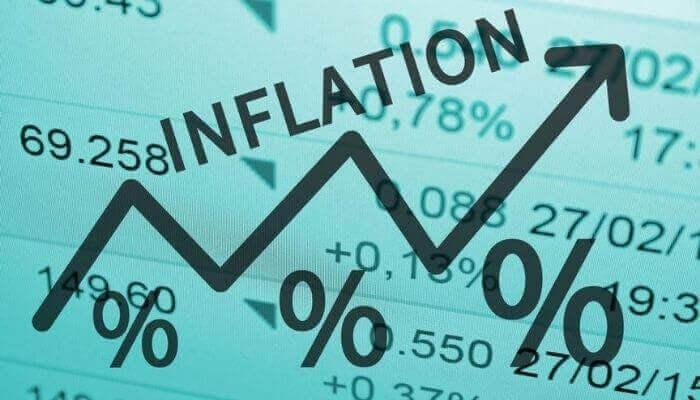How Content Creators are Surviving in Tinubu’s Tenure
When Bola Ahmed Tinubu took office as Nigeria's President on May 29, 2023, he brought with him a wave of reforms that have profoundly impacted the nation's economic landscape. Among his initial actions were the removal of the fuel subsidy and the floating of the naira, both of which have had cascading effects on the economy and, by extension, on various sectors, including content creation. As the country marks the first anniversary of Tinubu's administration, it is crucial to assess how content creators navigate the economic upheaval of these policy changes.
The Economic Landscape
Tinubu's bold reforms aimed at stabilizing the economy by eliminating the costly fuel subsidy and allowing the naira to float freely in the forex market. These measures, while intended to boost long-term economic stability, have led to immediate inflationary pressures. The removal of the fuel subsidy saw the price of petrol skyrocket from N185 to N500 per liter, causing a ripple effect on the cost of goods and services across the country. The floating of the naira further devalued the currency, with the official exchange rate plummeting to N1,900 per dollar by February 2024.
These changes have had significant implications for content creators, who rely heavily on affordable access to equipment, internet services, and other resources essential for their work. With inflation driving up prices and the devalued naira reducing purchasing power, many creators find themselves in a challenging position.
Impact on Content Creators
Content creators in Nigeria have had to adapt to the new economic realities. The increased costs of equipment and internet services have forced many to find innovative ways to maintain their production quality and output. Some creators have turned to second-hand markets for equipment or sought international sponsorships and collaborations to offset rising costs.
Additionally, the floating naira has had a mixed impact on creators who earn revenue through international platforms. While the devaluation means that earnings in foreign currency translate to higher naira values, it also means that creators must spend more to maintain their standards. For instance, a YouTuber or a freelance digital artist earning in dollars may see a higher conversion rate, but the cost of internet data and production materials has also surged, balancing out potential gains.
The Inflationary Pressures
Inflation has been a significant challenge, reaching around 33.95% as of June 2024. For content creators, this means higher costs for everything from basic living expenses to the tools needed for their work. Many have had to increase their rates or find additional revenue streams to keep up with the rising costs.
Creators are also exploring alternative platforms and revenue models. For example, some have shifted focus to content types requiring fewer resources or higher profit margins, such as digital courses, e-books, and virtual workshops. Others are leveraging social media platforms' monetization features, such as Instagram's paid partnerships and YouTube's Super Chat and memberships, to diversify their income.
The Role of Community and Collaboration
In response to the economic challenges, there has been a notable increase in community-driven initiatives and collaborations among content creators. By pooling resources, sharing knowledge, and supporting each other’s projects, creators are finding ways to mitigate the financial strain. Co-working spaces specifically designed for content creators have become more popular, providing affordable access to high-quality equipment and studio spaces.
Moreover, crowdfunding and crowd-sourcing platforms have seen a surge in use. Creators are turning to platforms like Patreon and Ko-fi to secure regular funding from their audience, ensuring a more stable income stream in uncertain economic times.
Looking Ahead: Opportunities and Hope
Despite the challenges, there are silver linings. The devalued naira has made Nigerian content more attractive on the global stage due to its relative affordability. International brands and sponsors are increasingly interested in collaborating with Nigerian creators, recognizing the unique perspectives and high engagement rates that come with this market.
The government's emphasis on digital economy growth, coupled with its efforts to stabilize the forex market, holds potential for future improvements. If successful, these policies could ease the economic pressures on creators, making equipment and internet services more affordable once again.
President Tinubu’s administration has also signaled a commitment to support the creative industry. Initiatives aimed at boosting local production and reducing reliance on imports could help lower costs in the long run. Additionally, investments in digital infrastructure and renewable energy sources could further alleviate some of the financial burdens on content creators.
Conclusion
The first year of President Bola Tinubu’s tenure has been marked by significant economic reforms that have posed substantial challenges for content creators in Nigeria. However, through innovation, community support, and strategic adaptation, many creators are finding ways to survive and even thrive amid these changes. As the administration continues to roll out its policies, the resilience and creativity of Nigerian content creators will undoubtedly play a crucial role in navigating the evolving landscape and seizing new opportunities.





